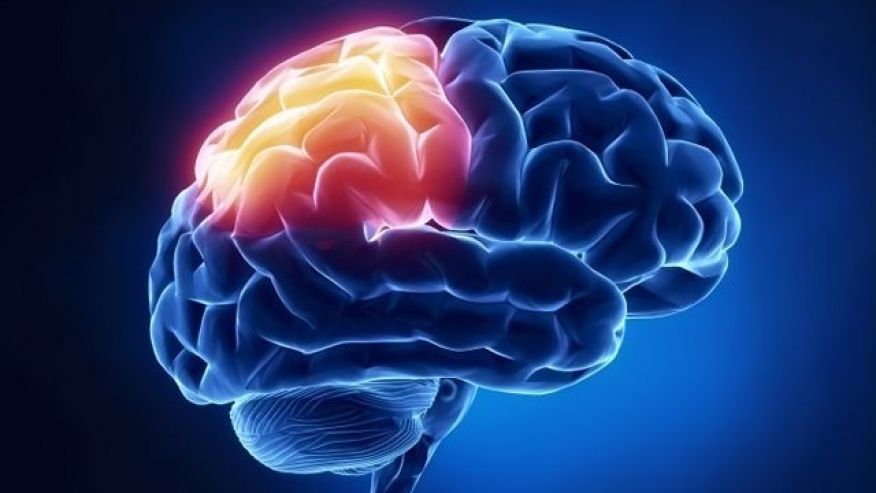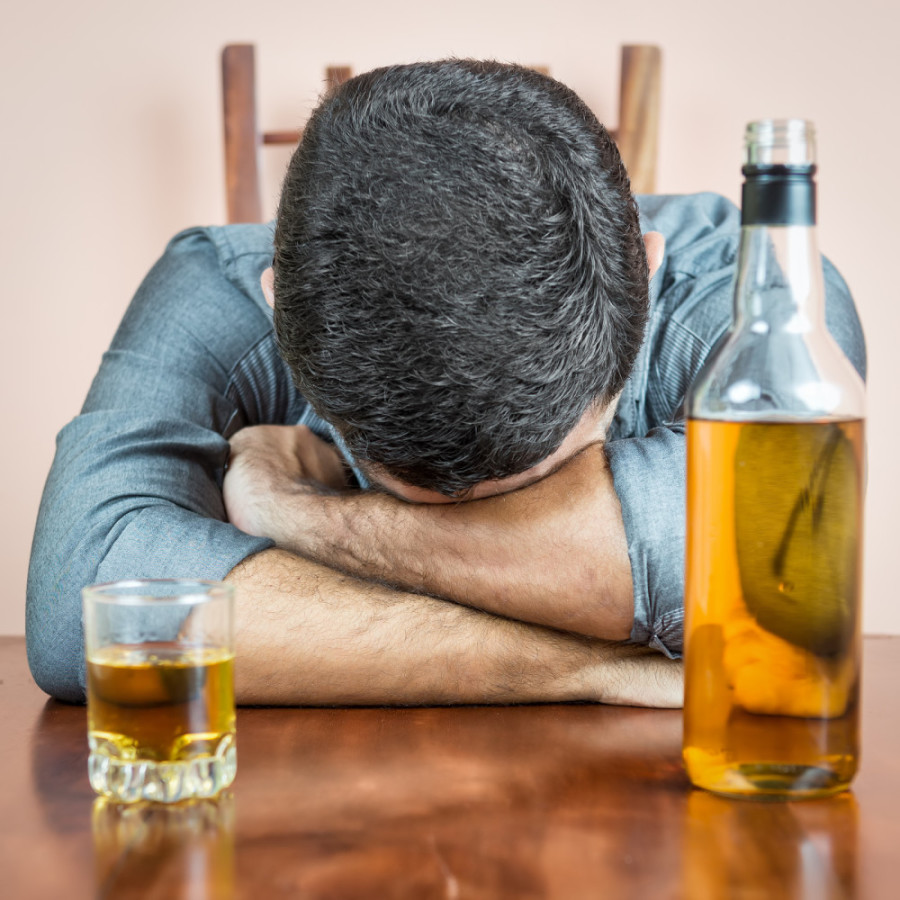Counselor training using CBT approach
Counselor training using cognitive behavioral treatment approach: Solutions for cocaine addiction

Counselor training using cognitive behavioral treatment approach: Solutions for cocaine addiction
The addiction vice is wreaking havoc in our societies and no one is off the hook of addiction. Families are being broken, children are becoming rebellious to everyone and instances of stealing and vandalism are on the rise and the root cause of all this is substance abuse. The low enforcement agencies are complaining of the stretched accommodation in our recreational facilities thanks to the growing number of petty offenders under the influence of drugs and misuse of alcohol. With that overview, it is evident that we are living in a morally decaying society and unless corrective measures are taken immediately we are most likely sinking into destruction in the near future. To help in containing this vice, experts from AWAREmed Health and Wellness Resource Center under the able leadership of doctor Dalal Akoury are giving their contribution by offering counselor training using cognitive behavioral treatment approach to all health workers so that we are having well equipped personnel to handle the magnitude of the problem.
Investing in substance abuse counselor training using cognitive behavioral approach among other training modes is the way to go and the good news is that if you want to make a difference then you are at the right place because all these are available at this facility (AWAREmed Health and Wellness Resource Center) to help you give your contribution in the fight of the scourge of addiction. It is also important for the qualified experts to appreciate that the integrating cognitive behavioral treatment (CBT) and medication are very essential primarily because they are highly compatible with pharmacotherapy. Doctor Akoury reiterates that when applied alongside the medication, the range of CBT interventions expands to include a focus on enhancing medication compliance. Generally, medication response and compliance are monitored during the early part of each session and that is to say that the first third of each hour of the training session. Now even as we progress into the discussion, for a better understanding of these facts, the following strategies can be very useful:
Counselor training using cognitive behavioral treatment approach: Find out about the patients’ history with medication
History in all dimensions offers an opportunity for the physicians to make very appropriate medical opinion in addressing the present situation. Therefore means that when attending to a patient, it is important to make enquiries about this patient past with medication so that commencement of treatment can take place from a very informed position. The following are some of the questions that a physician or the therapist can ask:
- Did they take the medication as prescribed faithfully to the last dose?
- Therapists can also ask the patients about their prior history with pharmacotherapy for any psychiatric disorder or condition.
- Under what conditions was it terminated?
- Was it helpful?
- Why was it prescribed?
Depending on the responses accruing from such interrogation, the therapist will be able to professionally point out areas of noncompliance and this will be very helpful in establishing the patients’ view as to why they did not comply previously and also to attempt to address those issues proactively.
Counselor training using cognitive behavioral treatment approach: Listen and address patients’ concerns about medication
Listening is very paramount in the treatment process. It is therefore important that therapist take time to listen to their clients carefully for any concerns, including any misunderstandings, or prejudices about taking medication and find ways of addressing them timely and assertively. These may include misconceptions about expected medication effects, time needed to experience the effect, side effects, dosing, and interactions with cocaine and other substances. It is important that therapists provide clarification in clear, familiar terms and frequently check back with patients to be sure that they have understood. Without counselor training, achieving this may not be practical because of the strong sense of denial that always comes with addiction. That is why counselor training is very important as it gives them the techniques and expertise of unlocking the stalemates that are always characterized with substance abuse.
Besides that, sometimes the effects of medication may not come immediately apparent, it is important to inform patients that it may take several weeks before therapeutic effects emerge; thus, patients should be encouraged to expect gradual rather than all-or-nothing change. Explaining the gradual emergence of medication effects provides an opportunity for the therapist to emphasize that patients should not expect to benefit from an entirely passive stance regarding CBT treatment simply because they are taking medication. Mastery and implementation of coping skills remain an essential and important part of treatment; medication may be an additional, useful adjunct or tool.
Assess medication compliance since last session
Close, consistent, and careful monitoring is one of the most effective strategies for enhancing compliance with medications. Thus, a portion of each session should be devoted to evaluating medication compliance and working through any difficulties that might arise. In general, until the patients’ compliance pattern is clearly established, therapists should, in every meeting, inquire about medication compliance, day by day, since the last session. This should include asking when patients take the medication, how they take the medication, and a thorough discussion of any deviation from the prescribed dose and schedule.
In her many years of service in this discipline, doctor Akoury has noted that compliance and retention are most difficult to achieve early and late in treatment – early if the patient is not receiving obvious benefit, and later if the patient, after obtaining a partial or full therapeutic response, does not appreciate the need to continue treatment. Thus, therapists should be particularly attentive to compliance and motivation issues during early and late sessions.
Counselor training using cognitive behavioral treatment approach: Appreciate medication compliance
Therapists should also convey confidence in the medication and inform patients of the likely benefits. Therapists should be strong on the side of compliance and praise patients’ compliance enthusiastically and genuinely. Like for instance you could appreciate your patient by saying that “I have seen you take your medication diligently since our last meeting and that’s really great. I know you may have had some doubts about whether the medication would work for you, and I’m glad you were willing to give it a try. And by the way have you noticed any positive changes you think might be related to the medication?” For a better assessment, doctor Akoury suggest that the patient improvement should be related to compliance and lack of improvement and luck of it to noncompliance.
Counselor training using cognitive behavioral treatment approach: Solutions for cocaine addiction
http://regenerativepotential.com/integrativeaddictionconference/






 People addicted to alcohol and other substances may have certain behavioral changes that are not healthy for them and even for the people they live amongst. This therefore means that specific actions should be taken to offer them assistance as they fight addiction to be able to quite these unhealthy cognitive behaviors. Most people addicted to alcoholism and other substances of abuse will experience dysfunctional emotions, maladaptive behaviors and
People addicted to alcohol and other substances may have certain behavioral changes that are not healthy for them and even for the people they live amongst. This therefore means that specific actions should be taken to offer them assistance as they fight addiction to be able to quite these unhealthy cognitive behaviors. Most people addicted to alcoholism and other substances of abuse will experience dysfunctional emotions, maladaptive behaviors and  In case of and heroin overdose, the respiratory and central nervous systems are depressed to life-threatening levels and the addict may stop breathing. When this happens is no action is taken the patient may die. So when the person is treated with naloxone the drug will block the heroine receptors hence making it impossible for it to bind on the receptors that are located in the brain and spinal cord.
In case of and heroin overdose, the respiratory and central nervous systems are depressed to life-threatening levels and the addict may stop breathing. When this happens is no action is taken the patient may die. So when the person is treated with naloxone the drug will block the heroine receptors hence making it impossible for it to bind on the receptors that are located in the brain and spinal cord.





